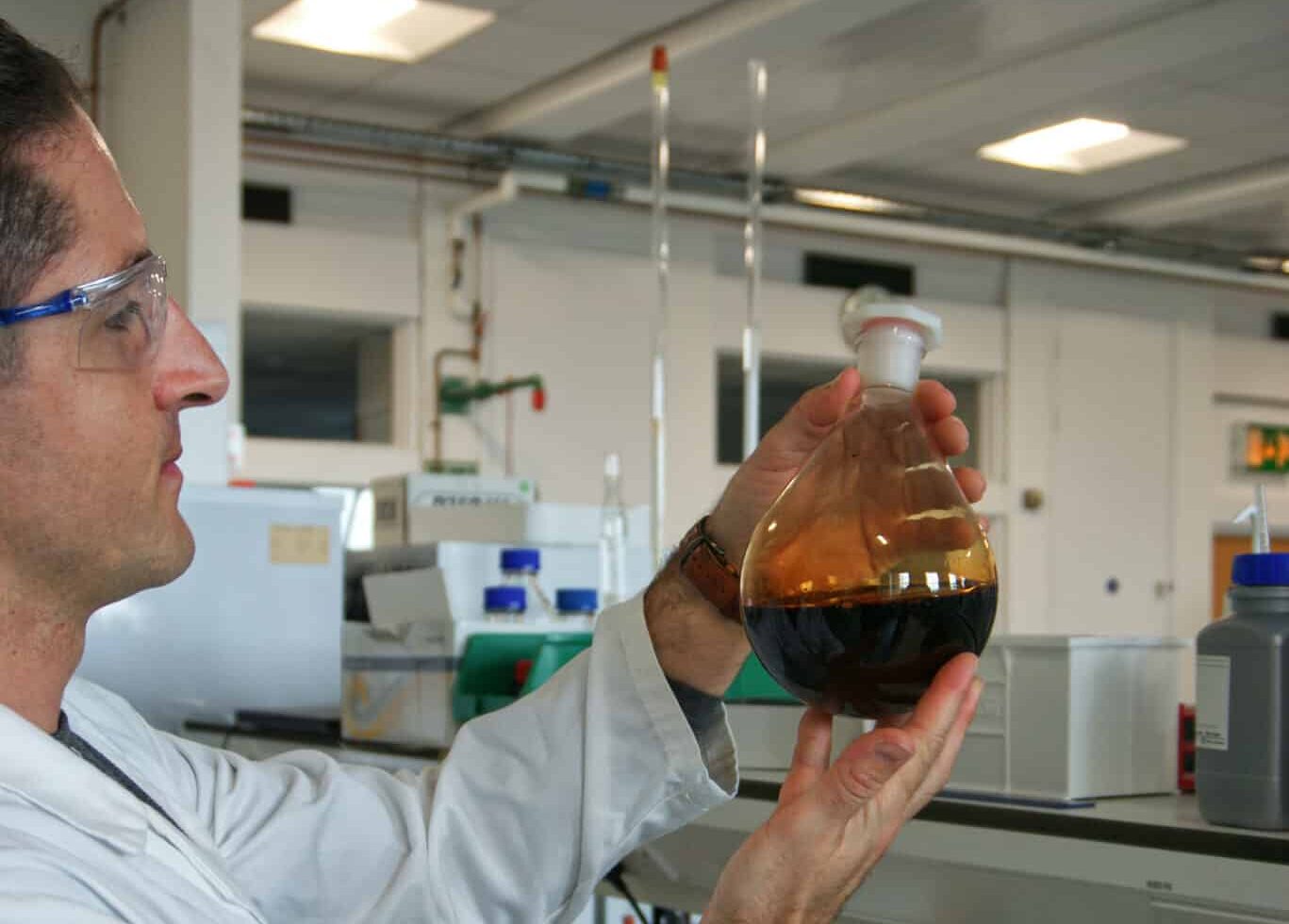Key Takeaways
- CDotBio, a University of Bristol spin-out, has joined SHAKE Climate Change’s Cohort 5 portfolio.
- The company is preparing to move from proof-of-concept to pilot and field trials.
- CDotBio’s technology uses sugar-based carbon dots to improve delivery and stability of crop inputs.
- The approach targets key challenges in biostimulants and RNAi-based crop protection.
- CDotBio is already in discussions with around 60 companies regarding potential trials.
CDotBio Advances Toward Pilot and Field Trials With SHAKE Support
CDotBio, a University of Bristol spin-out company, is preparing to scale its sugar-based nanotechnology with investment and mentoring support from SHAKE Climate Change. The company is the latest addition to SHAKE’s portfolio, joining Cohort 5, and is focused on bridging the gap between early-stage deep technology and real-world agricultural deployment.
The support from SHAKE Climate Change is intended to help CDotBio progress from proof-of-concept work into pilot-scale and field trials, enabling validation of its technology under commercial farming conditions. According to the company, this phase is critical for demonstrating performance, reliability, and scalability in agricultural applications.
Sugar-Based Carbon Dots as Delivery Systems
CDotBio’s technology is built around carbon dots, ultra-small nanoparticles derived from sugars and amino acids. These particles act as microscopic carriers that bind to sensitive active ingredients such as RNA strands, proteins, or nutrients. The carbon dots protect these compounds as they move through the plant system, releasing them at the intended target site.
Once their function is complete, the particles biodegrade into harmless sugar metabolites. The company positions this approach as a way to improve the stability and effectiveness of next-generation agricultural inputs without introducing persistent residues.
CDotBio Targets Stability Challenges in Crop Protection and Biostimulants
One of the major barriers to wider adoption of emerging crop technologies is stability under field conditions. Products such as biostimulants and RNA interference (RNAi) pesticides often degrade rapidly due to UV exposure, rain, or environmental stress before delivering consistent results.
Industry analysts estimate the global biostimulants market could approach €6 billion by 2030, while RNAi-based pesticides are expected to more than triple in value over the next decade. According to CDotBio, unlocking this growth potential will depend heavily on effective delivery and protection systems that improve uptake and reduce wash-off.
COO Dr. Veronica Greco said the company is seeing strong interest from industry players facing increasing regulatory and performance pressures. She noted that companies are seeking technologies that improve product differentiation, enhance delivery efficiency, and meet evolving regulatory expectations.
Industry Engagement and Next Steps
CDotBio is currently in discussions with approximately 60 companies regarding potential trials and partnerships. As part of its scale-up phase, the company is also expanding its team to build technical and operational capacity ahead of pilot and field testing.
With backing from SHAKE Climate Change, CDotBio plans to advance its technology toward real-world agricultural use cases, focusing on collaboration with partners to validate performance across crops and environments. The company stated that the upcoming trial phase will be a key step in translating laboratory innovation into commercially viable agricultural solutions.


